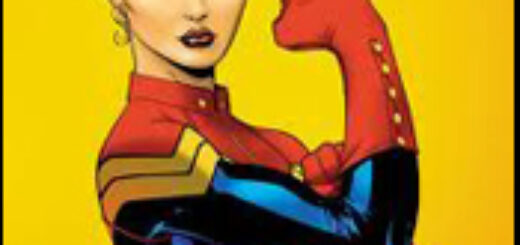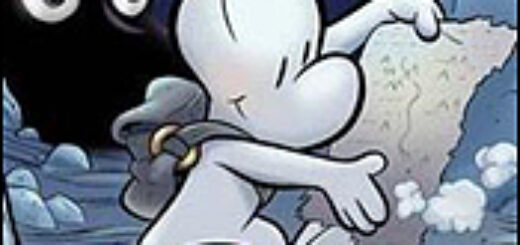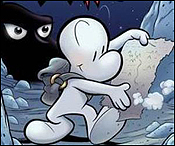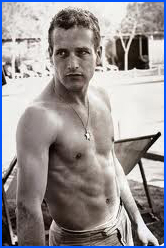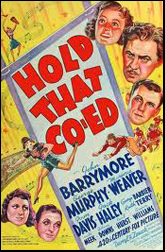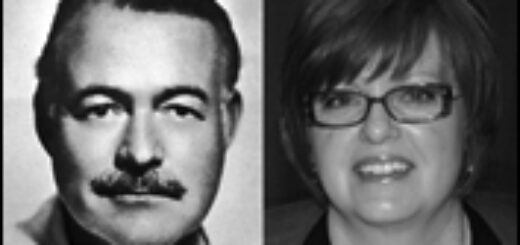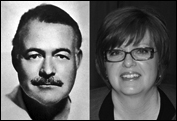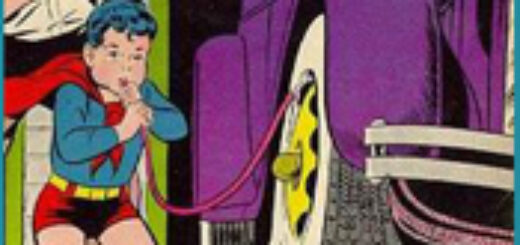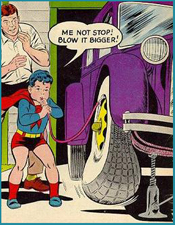Mindy Newell: I Am So Tired Of This Bullshit
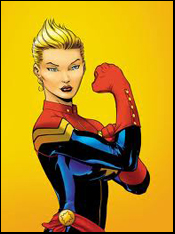 Just read Emily’s column (which is here) about her, uh, misadventures as a woman who loves comics.
Just read Emily’s column (which is here) about her, uh, misadventures as a woman who loves comics.
*sigh*
Next year will mark twenty years since I first wrote Jenesis for DC’s New Talent Program. And for the last twenty years everything that Emily said last week has been said ad nauseum by me, Kim Yale, Mary Mitchell, Jo Duffy, Marie Javins, Gail Simone, Joyce Brabner… and the list goes on. Every woman involved in the comics world – writer, artist, colorist, letterer, inker, reader – has experienced the overt and covert misogyny typified by Emily’s experience in that comic book store. Every one of us has been on a Women In Comics panel once, twice or more during our professional lives. We’ve all talked about changing people’s attitudes, fighting the good fight, gaining respect. The faces on the panels, the faces in the audiences, they all change, but in truth, nothing changes.
It’s all the same old guano, just ladled out of a different tureen.
I’ve always said that the comics world is a microcosm of Hollywood, and we’ve all heard or read the stories of what it’s like to be a woman in Hollywood: the struggle for respect, for work, for equal pay (well, maybe except for Meryl Streep). But now I’m thinking, maybe I’ve been wrong. I’m thinking right now that the comics world is a microcosm of American society.
After all, this is an America in which a female law student is called a whore on a nationally syndicated radio show because she wants to be able to get birth control pills through her insurance plan. An America in which the House of Representatives just voted for the 33rd time to repeal the Affordable Care Act – “Obamacare” – which improves women’s access to maternity care, covers birth control without the need for a copay, and bars insurance companies from continuing to discriminate against women. An America in which women in the military who are raped are told to “put up and shut up.” An America in which women are told to hold an aspirin between their thighs – Bwha-ha-ha! That’s a humdinger! – to avoid pregnancy.
And it ain’t just comics or Hollywood. Female nurses – that’s me, folks – make 86.6% of what their male counterparts make, even with the same experience and education. And women in general still make $0.77 on the dollar compared to male earnings.
So what do you do about it? Don’t vote for Romney, that’s for sure. No way is he gonna improve women’s rights.
But what about in the comics world? We’re not quite at the level of law or medical school, where female students now dominate the classrooms, but women are more prevalent than ever in the field, as readers and creative folk. And most of them, I am willing to stake money on, are involved in comics because they love comics, not because their boyfriends or their fathers or their brothers dragged them to a comics shop or to the San Diego Comic-Con.
In other words:
I am woman,
Hear me roar,
In number too big to ignore….
Sorry, I forgot, this is the post-women’s liberation era.
Seriously, my advice to Emily and every other woman out there when confronted with a misogynistic geek?
Laugh at ‘em.
And watch their paraphernalia –
Well, to paraphrase George Constanza:
“The water was cold! It’s shrinkage!”
TUESDAY MORNING: Michael Davis Post-Con
TUESDAY AFTERNOON: Emily S. Whitten Post-Civil War

